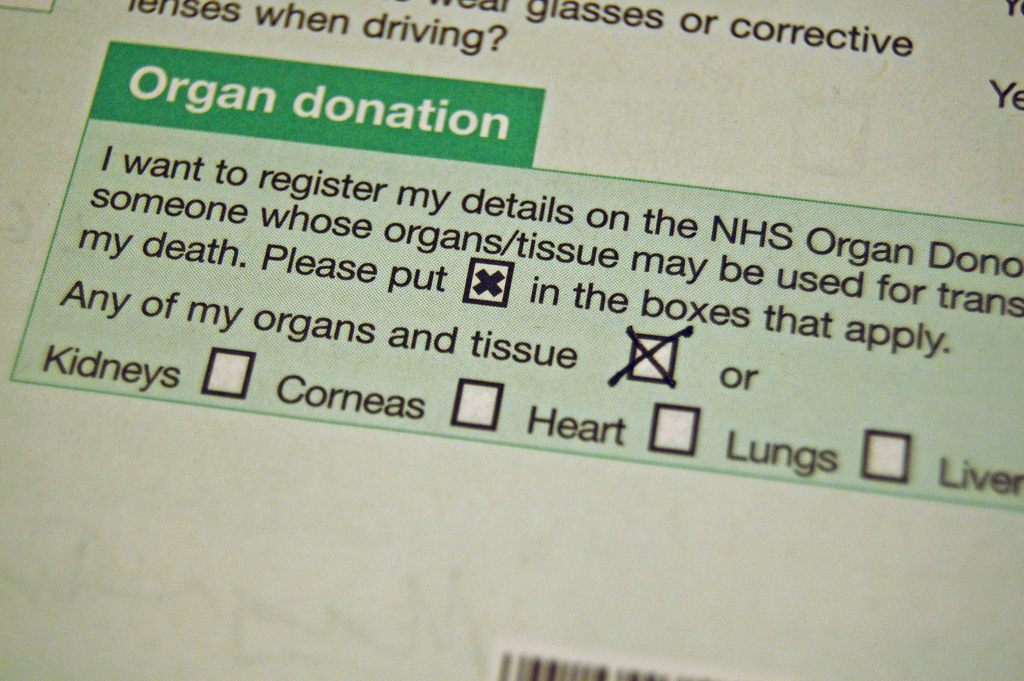There are more deceased overdose victims donating their organs now more than ever before. The opioid epidemic in Dayton hits close to home for many Ohioans, some who have lost one or both parents to dangerous drugs like heroin, fentanyl and more. But some families can find peace in knowing those victims went on to save lives.
The wait list has over 115,000 patients in need of organ transplants. The wait is so long that many patients end up passing before they have time to receive the transplant.
Overdose victims organs are more likely to be labeled as “increased risk” for infectious diseases like HIV, Hepatitis-C and more. But with more thorough testing, healthcare professions can be more confident in their ability to help their transplant patients. The risk of a patient contracting any of these diseases is very low.
John Hopkins University published a study recently reporting that many, if not most, patients who receive transplant from victims of overdose, fair just as well as they would with any other transplant.
Dr. Christine Durand, the study’s lead researcher says, “This is not an ideal or sustainable solution to the organ shortage.”
The study was conducted by looking at how 338,000 patients who received a transplant from 2000 to 2016 from a disease, trauma, or overdose. The study showed that in a significant amount of cases, patients with organs from overdose victims fared as good or better.
The reason they believe this is the outcome is most often victims of overdose are younger and have less exposure to things like diabetes or high blood pressure.
Durand also mentioned to Live Science that, “screening tests have improved since the late 1990’s.” Now these tests include testing the blood for viral infections, called a nucleic acid tests.
Durand is a strong believer that any resources available to help end the opioid epidemic should be used, but that we have an obligation to “maximize every gift of life.”
Over the course of sixteen years transplants from overdose victims have become increasingly popular, comparing numbers of 149 in 2000 to 3,533 in 2016. Opioid deaths have increased quite rapidly, helping staticians understand the rapid increase in transplants.
The opioid epidemic kills over 60,000 people a year, according to CNN. Due to these deaths, organ transplant donor numbers have risen and provided a solution, albeit temporary, for the many hospitals that face organ shortages and patients who face long wait lists for their potentially life saving transplants.
Kelsey Fitzpatrick
Reporter

